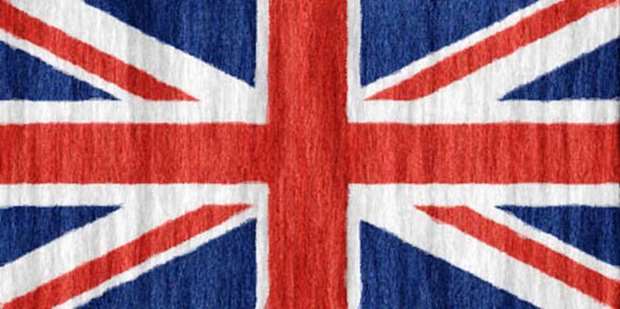“This is further proof that the government’s Brexit strategy is in paralysis,” Labour’s Brexit spokesman Keir Starmer said in a statement.
“The negotiations are in deadlock and now a crucial piece of legislation is facing further delay,” he said, adding that this cast doubt on “whether the prime minister (Theresa May) can deliver Brexit.”
A Labour source said that the so-called Repeal Bill, which aims to provide legal certainty after Brexit, may not pass the House of Commons until after Christmas.
“We understood the bill would return this week, then we thought next week,” the source said, adding that it was not now expected to start facing detailed scrutiny by MPs “until mid-November”.
A number of the amendments to the bill — officially known as the European Union (Withdrawal) Bill — were proposed by members of May’s own Conservative party.
The government says the bill is crucial to avoid legal chaos after Brexit, by transferring the bulk of EU regulations on to the British statute books.
However, proposals intended to allow technical changes to these regulations as they are transferred have sparked widespread concern about an expansion of executive power.
The bill passed its first hurdle in the Commons last month, and eight days have been set aside for detailed scrutiny, known as the committee stage.
If the bill is delayed until late November, it would have to compete for time with debates on the November 22 budget.
“It’s unlikely they will be able to find time to get it through the Commons before Christmas,” the Labour source said.
House of Commons leader Andrea Leadsom last week told MPs it was “taking a bit of time to have proper, thoughtful, well-considered responses” to all the amendments.
But a spokesman for the Brexit ministry said it was “completely false to suggest there has been a delay to the bill, as it has yet to be scheduled to enter
Meanwhile, Irish Prime Minister Leo Varadkar said Ireland wants Britain to commit to a fallback option that would avoid a customs border returning to the island of Ireland should its plan of maintaining the closest possible ties with the EU fall through.
Ireland has called for Britain and the EU to reach a bespoke customs union partnership to eliminate the risk of a “hard” border returning between it and Northern Ireland, which will be the UK’s only land frontier with the EU after its departure.
Varadkar has said he is not ruling out seeking special post-Brexit arrangements for Northern Ireland as a fallback position and yesterday raised the prospect of insisting Britain sign up to such an option in advance.
“It is still possible that the overall outcome will be a trade and customs relationships so close to the status quo that a border problem can be avoided, that depends very much on the attitude and positions taken by the UK government in the coming months,” Varadkar told parliament.
“Should that not be possible, however, it will be necessary for the UK to commit to arrangements for Northern Ireland that reflect its unique circumstances and to avoid reintroducing a customs border north and south.”
Varadkar said he stated his concerns to Prime Minister Theresa May in a 40-minute telephone conversation on Monday.
The border is one of three issues Brussels wants broadly solved in the first stage of negotiations with Britain before talks on future trading can start, now likely to be in December at the earliest with this week’s deadline set to be missed.
The Irish government must be satisfied that sufficient progress has been made on its issues before agreeing to move the talks on.
The border is particularly sensitive given the decades of violence in Northern Ireland, a British province, over whether it should be part of the United Kingdom or Ireland. Around 3,600 people were killed before a 1998 peace agreement.
Varadkar welcomed the progress on other related Brexit issues, including the joint principles he said had been drawn up to ensure the continuation of the common travel area between the two countries that predates their entry into the EU in 1972.

